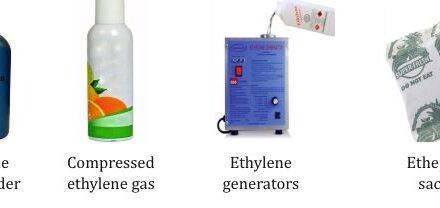Saratoga Springs, NY – A recent study has revealed that an intermittent fasting and protein-pacing (IF-P) diet significantly improves gastrointestinal health and diversifies gut microbiota more effectively than a calorie-restricted (CR) Mediterranean-style diet. This finding comes from a small, randomized trial led by researchers at Skidmore College.
Study Design and Methodology
In this study, researchers compared the effects of two low-calorie, 8-week dietary interventions on gastrointestinal symptoms, gut microbiome, and circulating cytokines and metabolites. Participants included men and women with overweight or obesity who were randomly assigned to either the CR diet (n = 20) or the IF-P diet (n = 21). Both diets were matched for energy intake, with the CR diet following US dietary recommendations.
The researchers used data from an ongoing randomized controlled trial examining the CR and IF-P diets’ effects on anthropometric and cardiometabolic outcomes. For the current analysis, outcomes in “high” and “low” responders to the IF-P regimen were compared based on relative weight loss.
Key Findings
Participants on the IF-P diet reported fewer gastrointestinal symptoms and showed greater gut microbiota diversity than those on the CR diet. Notably, the IF-P diet led to more substantial reductions in gastrointestinal problems and increased abundance of microbial families and genera associated with favorable metabolic profiles, such as Christensenellaceae, Rikenellaceae, and Marvinbryantia.
Additionally, the IF-P diet significantly increased cytokines linked to lipolysis, weight loss, inflammation, and immune response. In contrast, the CR diet saw an increase in metabolites associated with longevity-related metabolic pathways.
High vs. Low Responders
A subgroup analysis of high and low responders to the IF-P diet revealed distinct microbial and metabolic differences. High responders showed an increased abundance of bacteria with metabolic benefits and anti-inflammatory effects, while low responders had more butyrate-producing and nutritionally adaptive species like Eubacterium ventriosum and Roseburia inulinivorans. Fecal metabolome analysis indicated that high responders had enriched fecal metabolites involved in lipid metabolism, whereas low responders showed prominence in pathways related to amino acid and peptide metabolism, as well as tyrosine metabolism and arginine biosynthesis.
Implications and Practical Applications
“These findings shed light on the differential effects of IF regimens, including IF-P, as a promising dietary intervention for obesity management and microbiotic and metabolic health,” said Paul J. Arciero, PhD, the study’s corresponding author from the Human Nutrition and Metabolism Laboratory at Skidmore College.
Study Limitations and Disclosures
The study’s limitations include its reliance on fecal samples to represent the gut microbiome, potentially overlooking microbial populations in the upper gastrointestinal tract, the short 8-week duration of the trial, and the small sample size. The study was primarily funded by an unrestricted grant from Isagenix International LLC, with secondary funding to a coauthor. Arciero is a consultant for Isagenix International LLC, an advisory board member of the International Protein Board, and received financial compensation for books and keynote presentations on protein pacing. Additionally, one coauthor is employed by the funder.
Publication
The study was published online in Nature Communications, offering new insights into dietary interventions for enhancing gut health and metabolic profiles.
Source: Arciero, P. J., et al. (2024). [Title of the Study]. Nature Communications.












